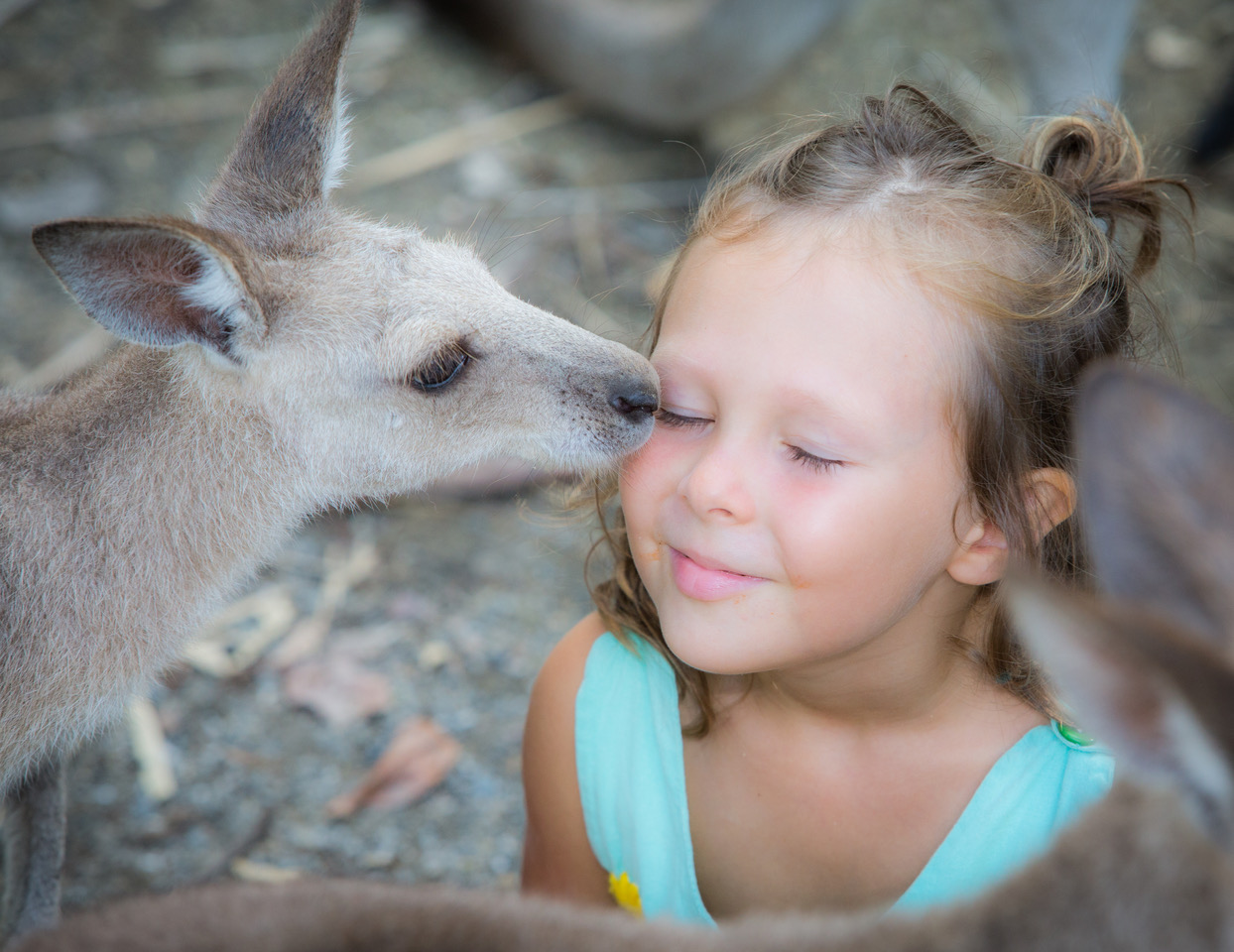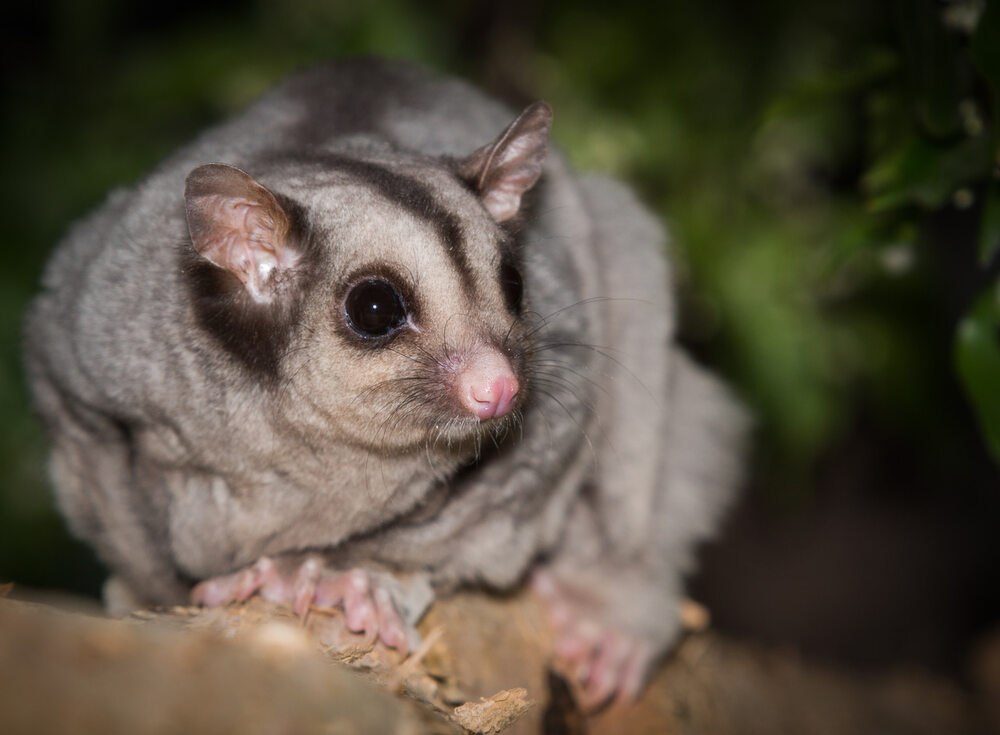
Wildlife Habitat Port Douglas: Where adopting an iconic park personality contributes to endangered species conservation
BUSINESS FEATURE

If you've visited Wildlife Habitat Port Douglas, chances are you've met Max the red-tailed black cockatoo, Tia the koala, or Cassie the Cassowary. But did you know you can adopt one of these iconic park personalities while also becoming a guardian for endangered species?
Launched in 2017, the Habitat Hero Program at Wildlife Habitat Port Douglas offers a unique opportunity to connect with the park's beloved animals while actively participating in wildlife conservation.
Through the program, a portion of the proceeds directly supports the habitat's threatened species breeding programs.
On top of this, Habitat Heroes also support the onsite Tropical Animal Rehabilitation Centre (TARC), which has been helping native wildlife for over two decades. Their goal is to rehabilitate the animals and release them back into the wild.
Conservation success
Recent successes in saving endangered species such as the Northern Bettongs, the Mahogany Glider, and the Bush Stone Curlews, demonstrate the impressive outcomes of the conservation efforts.
In fact, just two weeks ago, a Northern Bettong was born at Wildlife Habitat and they have previously successfully bred the endangered Mahogany Glider.
These achievements are significant considering there are only 1000 Northern Bettongs left in the wild with only two known populations in the Mareeba region of the Atherton Tablelands.
The Mahogany Glider is also critically endangered, with only approximately 1,500 individuals remaining in the wild.
Sybella Salter, assistant manager at the Wildlife Habitat, emphasised the importance of programs like these.
“Due to habitat destruction and fragmentation, feral species, car strikes and the like, wild populations of species can become threatened,” she explained.
“Although in the far north Bush Stone Curlews are common, in southern states they are a rarity due to predation and habitat destruction.
“By partaking in managed species breeding programs, we can maintain healthy genetics in populations in the event that a species becomes severely compromised.
“If necessary, we also have the potential to restore wild populations in the future by releasing individuals with diverse genetics into their natural habitats.”
Flight test area
Supported by the proceeds from Habitat Hero’s, a free flight aviary is currently being constructed at Wildlife Habitat.
“This facility will ensure birds are fit for wild release once recovered, kind of a flight test area so to speak,” Ms Salter explained.
She added that this project, as part of TARC, is currently in its initial stage and represents an overall project to fund and build a medical centre at Wildlife Habitat, providing veterinary services and the ability for wildlife rescue.
“The free flight aviary will be used for various native species,” she said. “It will have perching and natural flooring that will enable patients to engage in natural behaviours as they would do in the wild whilst they recover.
“For avian species it will also have an added flight test facility to enable them to build muscle strength to ensure they can undertake prolonged sustained flight, as they would in the wild.”
Not only birds will benefit from this project as the natural flooring will also work with mammals and reptiles like bandicoots and snakes.
“The project timeline is scheduled for progress over the next 5-7 years in conjunction with the Woodward Family CaPTA Group.”
For more information about the Habitat Hero’s Program and the several projects, you can visit Wildlife Habitat’s website here.

Thank you!
Newsport thanks its advertising partners for their support in the delivery of daily community news to the Douglas Shire. Public interest journalism is a fundamental part of every community.
Got a news tip? Let us know! Send your news tips or submit a letter to the editor here.
* Comments are the opinions of readers and do not represent the views of Newsport, its staff or affiliates. Reader comments on Newsport are moderated before publication to promote valuable, civil, and healthy community debate. Visit our comment guidelines if your comment has not been approved for publication.
